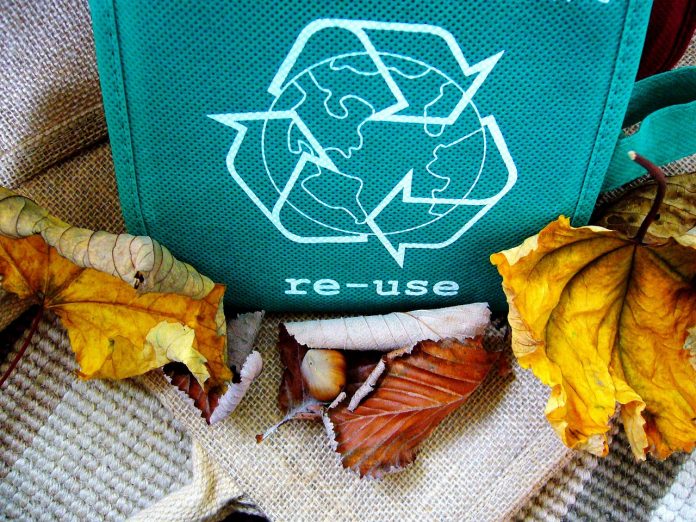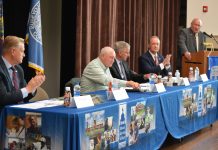“I feel guilty feeling this good” is a statement that my Dad almost always says whenever he goes to any doctor’s appointment. Albeit, my Dad has had a plethora of issues, from his back to his head to his heart and all throughout his body, but he still says, “I feel guilty feeling this good.”
I feel this statement resonates with me as well, living here in northeast Ohio. Sometimes, I myself feel guilty for feeling this good — or rather, having it this good.
From the smoking air and air quality alerts from wildfires from Canada, record-setting heatwaves across our nation, droughts and sudden flash floods and severe storms; all over the news outlets and on the weather stations, we cannot ignore that climate change and weather extremes are happening right now.
By and by, here in Ohio we seemed to have escaped most of those drastic events, or they were short-lived. However, I am torn between feelings of guilt for enjoying the wonderful area that I live in, and feelings of helplessness on how to better our nation and our scorching planet.
Sure, I’ll enjoy the guilty pleasures of where I live and be thankful for “feeling guilty” but what really bothers me is the feeling of despair over our environment.
Start small
I have always been a believer that little things add up to make a big difference. And, if you cannot do great things, do small things in a great way. So, if you’re like me and have a bucket list of things you’d like to do for the better of our planet, you can start small.
Here are my top five suggestions, and later a few explanations or ideas to get you motivated:
1. recycle.
2. manage mud.
3. conserve water.
4. bring your own bag.
5. help pollinators.
Take the time, plan it out, and you will be delighted with the results from accomplishing your goals and knowing you made an environmental impact and difference.
Get started
Now let’s get back to some suggestions or ideas on how to combat feelings of being helpless about our environment and what you can do.
The three R’s — reduce, reuse and recycle — still hold value. If you don’t already recycle, please start. The key factors that really come into play here are limiting the amount of raw materials being used and limiting the amount of waste going into landfills. Landfills create methane, so the less that goes into the landfill, the better.
As far as recycling, the process helps by limiting the need for carbon-intensive harvesting of virgin natural resources. Long story short, please do your best by recycling all you can, reusing what you can, reducing waste and finally, stop using plastic bags when you shop. Always bring your own reusable bags, BYOB.
The next suggestion, manage mud, could actually be “conserve soil,” but I see it differently. Anything from cover crops, rotational grazing, all-weather paddocks, grassed waterways, stream crossings, filter strips and access lanes are all projects that can help with soil erosion and mud or runoff on a farm. Around the house, simple things like mulch, gravel, impervious pavers, French drains and vegetative cover on soils can prevent soil loss.
Even though we are fortunate to live where water isn’t scarce, we should be in the mindset of water conservation. To be proactive, think of the following things you can do: using rain barrels, installing a rain garden, taking five-minute showers, installing a low-flow flush toilet, turning the faucet off when brushing your teeth and using a broom to clean the sidewalk or driveway, not the water hose. Invest in your conservation habits every day and be water-wise.
Lastly, I feel especially saddened for all of the wildlife, big and small, during the extreme weather events. Whether you have feeders out, provide a source of water, plant native flowers, plant a tree, stop using pesticides, provide habitat or shelter, grow milkweed, stop mowing, establish a pollinator garden, compost, volunteer or become a citizen scientist for a pollinator group, anything can and will make a difference.
Just remember, do what is right, not what is easy. If you are looking for advice or assistance on an idea or project, check out your local SWCD/NRCS office or OSU Extension. Your positive impact may not change the weather forecast, but it will help in the long run and may be noticed and appreciated more than you may expect.
I hope you feel guilty feeling so good!












